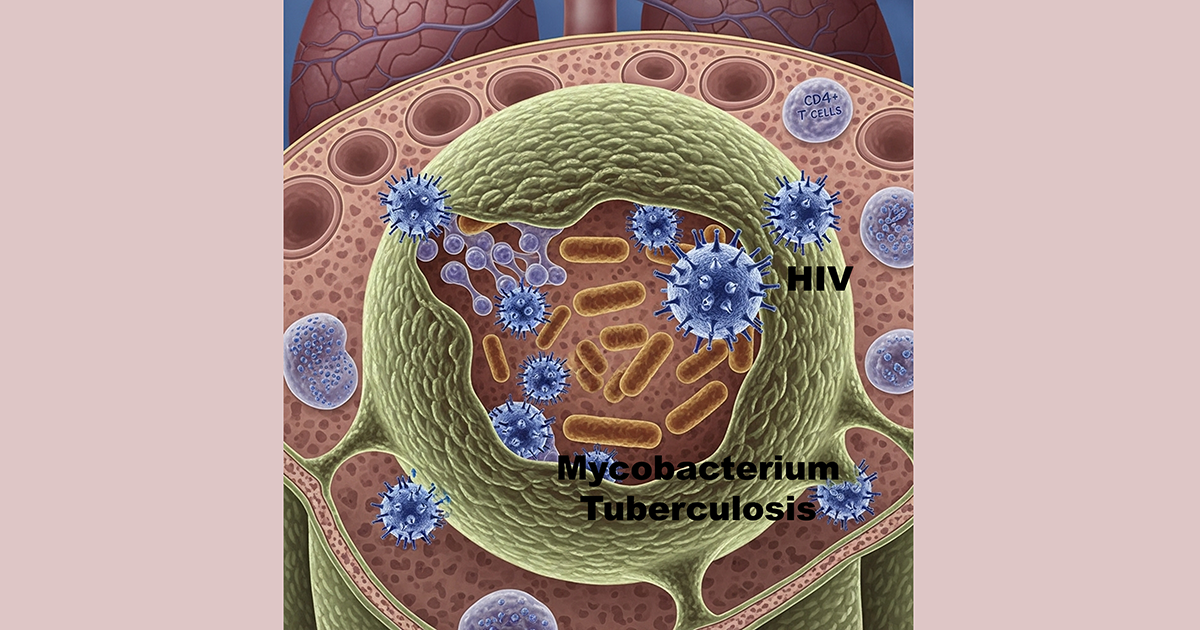- 3.3Impact Factor
- 6.8CiteScore
- 15 daysTime to First Decision
HIV-TB Co-Infection and Pediatric Pathogen Dynamics
This special issue belongs to the section “Epidemiology of Infectious Diseases“.
Special Issue Information
Dear Colleagues,
HIV and TB coinfection remains a major clinical, biological, and implementation challenge for HIV programs, as it significantly increases the risk of severe illness and death, especially in high HIV prevalence and TB burden regions. Children living with HIV are more susceptible to TB infection and more likely to progress to TB disease. At the same time, late diagnosis and/or suboptimal treatment of TB disease accelerates HIV disease progression, leading to death. Timely and effective uptake of appropriate TB preventive therapy options is a necessary step to avoid TB/HIV coinfection in children living with HIV. Early diagnosis using the most accurate biological method, along with dose-sensitive TB treatment and age/weight-appropriate antiretroviral therapies, are crucial for improving outcomes.
Despite all the progress, such as a reduction in TB deaths among people living with HIV and availability of molecular technics for TB and HIV early diagnosis, an important gap remains in the number of pediatric TB reported, and the persistent early mortality among children initiating ART suggest gaps in TB/HIV prevention and management.
This Special Issue is devoted to collecting original papers and/or review papers about epidemiology, pathogen dynamics, prevention, diagnosis, management and long-term post-TB treatment outcomes among children coinfected with HIV and TB.
Dr. Boris Kevin Tchounga
Guest Editor
Manuscript Submission Information
Manuscripts should be submitted online at www.mdpi.com by registering and logging in to this website. Once you are registered, click here to go to the submission form. Manuscripts can be submitted until the deadline. All submissions that pass pre-check are peer-reviewed. Accepted papers will be published continuously in the journal (as soon as accepted) and will be listed together on the special issue website. Research articles, review articles as well as short communications are invited. For planned papers, a title and short abstract (about 250 words) can be sent to the Editorial Office for assessment.
Submitted manuscripts should not have been published previously, nor be under consideration for publication elsewhere (except conference proceedings papers). All manuscripts are thoroughly refereed through a single-blind peer-review process. A guide for authors and other relevant information for submission of manuscripts is available on the Instructions for Authors page. Pathogens is an international peer-reviewed open access monthly journal published by MDPI.
Please visit the Instructions for Authors page before submitting a manuscript. The Article Processing Charge (APC) for publication in this open access journal is 2200 CHF (Swiss Francs). Submitted papers should be well formatted and use good English. Authors may use MDPI's English editing service prior to publication or during author revisions.
Keywords
- TB/HIV coinfection
- TB preventive therapy
- children adolescent living with HIV
- epidemiology
- diagnosis
- clinical management
- advanced HIV disease

Benefits of Publishing in a Special Issue
- Ease of navigation: Grouping papers by topic helps scholars navigate broad scope journals more efficiently.
- Greater discoverability: Special Issues support the reach and impact of scientific research. Articles in Special Issues are more discoverable and cited more frequently.
- Expansion of research network: Special Issues facilitate connections among authors, fostering scientific collaborations.
- External promotion: Articles in Special Issues are often promoted through the journal's social media, increasing their visibility.
- e-Book format: Special Issues with more than 10 articles can be published as dedicated e-books, ensuring wide and rapid dissemination.

